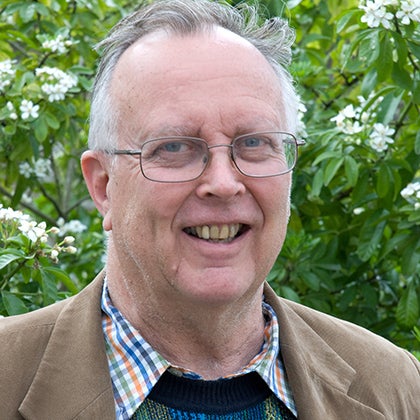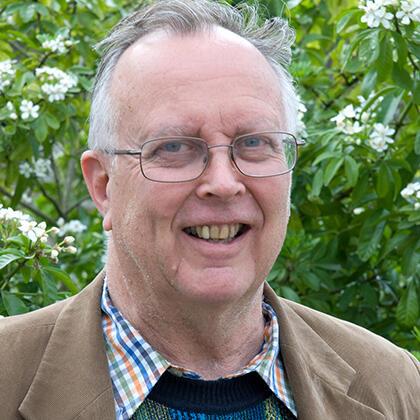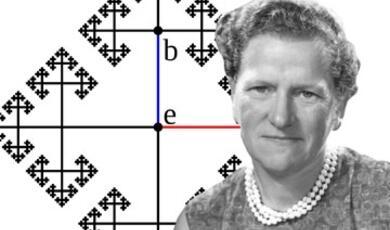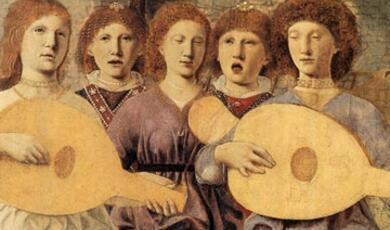Number Theory: Queen of Mathematics
Share
- Details
- Text
- Audio
- Downloads
- Extra Reading
In which years does February have five Sundays? How many right-angled triangles with whole-number sides have a side of length 29? How many shuffles are needed to restore the order of the cards in a pack with two Jokers? Are any of the numbers 11, 111, 1111, 11111, . . . perfect squares? Can one construct a regular polygon with 100 sides if measuring is forbidden? How do prime numbers help to keep our credit cards secure?
These are all questions in number theory, the branch of mathematics that’s primarily concerned with our counting numbers, 1, 2, 3, etc. Of particular importance are the prime numbers, the ‘building blocks’ of our number system.
The subject is an old one, dating back to the ancient Greeks, and for many years has been studied for its intrinsic beauty and elegance, not least because several of its challenges are so easy to state that everyone can understand them, and yet no-one has ever been able to resolve them.
This lecture situates the above problems and puzzles in their historical context, drawing on the work of many of the greatest mathematicians of the past, such as Euclid, Fermat, Euler and Gauss. Indeed, as Gauss, sometimes described as the ‘Prince of Mathematics’, has claimed: Mathematics is the Queen of the Sciences, and Number Theory is the Queen of Mathematics.
There is no text for this event
This event was on Mon, 28 Sep 2020
Support Gresham
Gresham College has offered an outstanding education to the public free of charge for over 400 years. Today, Gresham College plays an important role in fostering a love of learning and a greater understanding of ourselves and the world around us. Your donation will help to widen our reach and to broaden our audience, allowing more people to benefit from a high-quality education from some of the brightest minds.


 Login
Login







